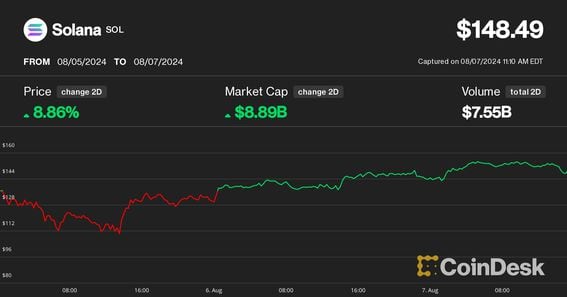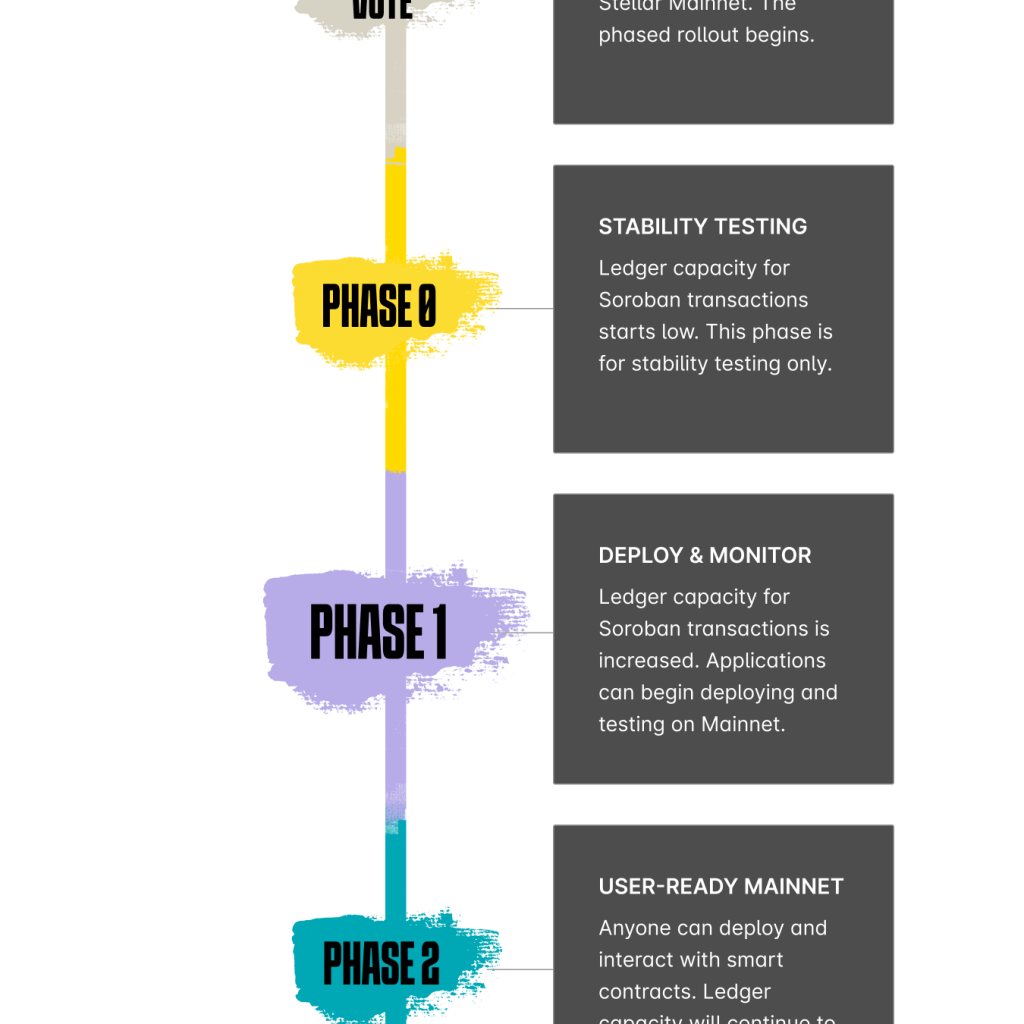In a landmark decision that has sent ripples through the cryptocurrency community, Jae Kwon, the co-founder of Cosmos, has announced the creation of a new network, AtomOne ( ATOM1). This development comes in the wake of the controversial approval of Proposal 848 by the Cosmos community.
The proposal, which set the maximum inflation of the Cosmos Hub’s native token, Atom, at 10%, narrowly passed with 41.1% support against 38.5% opposition. This decision marks a pivotal moment in the history of the Cosmos ecosystem, known for its central blockchain, the Cosmos Hub, and its integral token, Atom, used for staking, governance, and transaction fees.
Cosmos network forks with AtomOne after proposal 848
AtomOne emerges as a direct response to the recent governance decision. Jae Kwon, recognized for his significant contributions to the Cosmos network, including developing its Tendermint consensus algorithm, has strongly opposed the inflation rate change. He believes this adjustment could negatively impact the network’s security. As a result, Kwon is spearheading the creation of AtomOne, which will operate with the same underlying software as the existing Cosmos Hub network, Gaia. The new network aims to retain key features such as IBC (Inter-Blockchain Communication) and interchain security.
The forked network will carry the chain ID “cosmoshub4” and aims to preserve the original maximum inflation rate of 20%. This rate is deemed necessary by Kwon and his supporters to reward validators and stakers adequately. Furthermore, the AtomOne network will introduce a separate fee token, Photon (phATOM1), to complement the ATOM1 token.
The AtomOne network is not just a technological fork; it also proposes significant changes in governance mechanisms. The quorum threshold for passing governance decisions is two-thirds on the new network, a shift from the less than 50% requirement on the Cosmos Hub. This change reflects Kwon’s intention to create a governance structure he perceives as more robust and representative of the community’s interests.
The launch of AtomOne will also see a unique approach to token distribution. Most of the Genesis supply of ATOM1 tokens will be awarded to those who opposed Proposal 848. In contrast, those who supported the proposal will face a slashing of their stakes. Additionally, about 10% of the tokens will be pre-mined for various purposes, as outlined in a document by Kwon. Notably, the Interchain Foundation, a significant entity in the Cosmos ecosystem, will not be included in the airdrop.
AtomOne launch tests Cosmos ecosystem’s adaptability and unity
The decision to fork the Cosmos Hub and create AtomOne is a significant move in the cryptocurrency world, particularly within the ATOM ecosystem. While some view this as a necessary step to uphold the original vision and security standards of the ATOM network, others express concerns about the potential fragmentation and its implications for the community’s unity and the network’s stability.
Industry observers and participants alike will closely watch the development of AtomOne. It represents a test of the adaptability and resilience of decentralized networks in the face of governance challenges. As the ATOM ecosystem continues to evolve, the outcomes of this fork will likely offer valuable insights into the dynamics of blockchain governance, community engagement, and the balance between innovation and stability in the rapidly changing world of cryptocurrencies.





